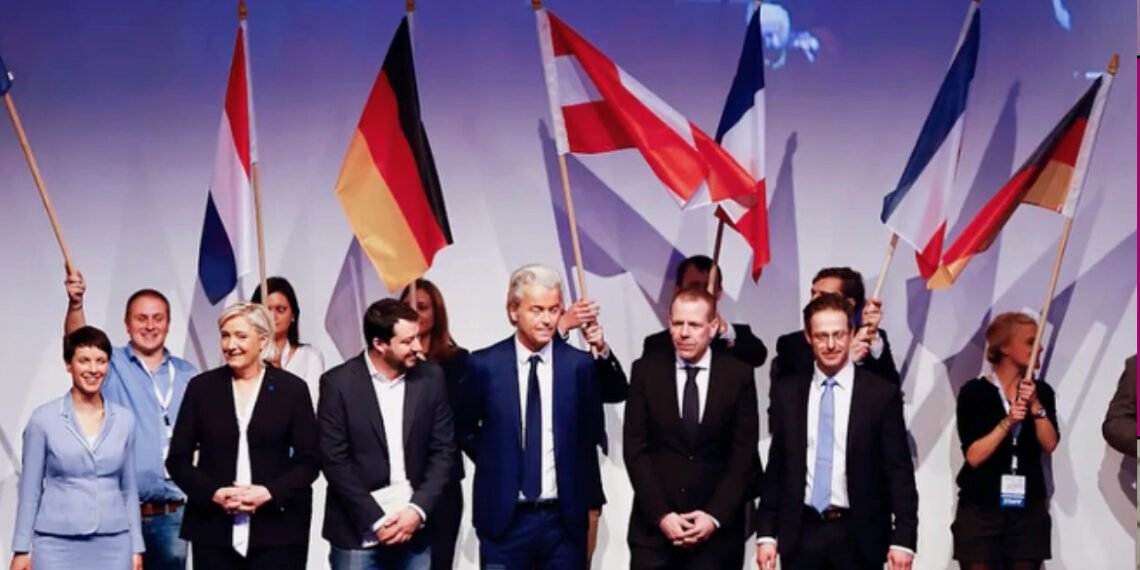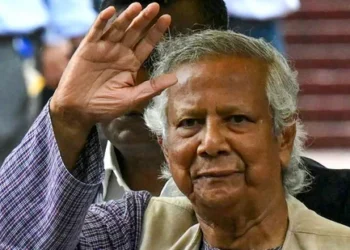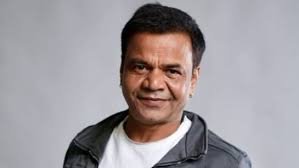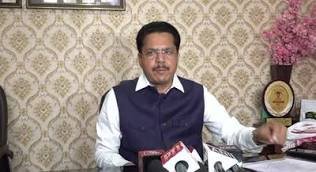The ongoing European Union elections are currently in progress, with some countries having already completed their vote counting while others are still in the process. Early results indicate a mix of outcomes, with certain regions showing gains for established parties and others, reflecting a rise in support for newer or fringe groups.
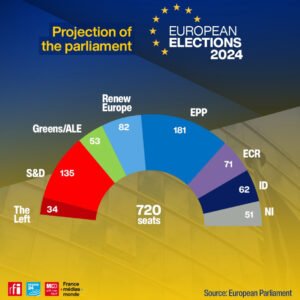
The final seat distribution will become clearer as the remaining votes are tallied, providing a comprehensive picture of the political landscape across Europe. It is reported that far-right Parties have made striking gains in the European Union elections on Sunday, as it is dominating the polls this time. The election of the Bloc’s new parliament in 27 countries.
The centre-right European People (EEP) forms the strongest group in the European Union parliament, as it collects the majority of the votes. “We will stop them, this is for sure,” says the leader von Der Leyen to her supporters.
Also Read; Lok Sabha Elections 2024 Results: INDIA bloc’s stunning performance to overcome ‘Modi Wave’
Parties in Majority; EU votes
The European Conservative and Reformists (ECR) party of Italian president Giorgia Meloni has earned 4 more seats in this election compared to that of 5 years ago. this marks a significant victory for Prime Minister Meloni as the majority are in favour of the party.
The centre-right European People (EEP) gained 720 seats in the election and forms the biggest bloc in the parliament, they gained eight more seats in the 2024 elections compared to the 2019 EU parliamentary elections, a total of 182 seats.
Far Right Identity and Democracy (ID) led by France’s Marine Le Pen won 58 seats this time in the majority surpassing French President Emmanuel Macaron’s party Renaissance.
The ongoing European elections have shown significant gains for non-aligned parties, which include both left-leaning and right-leaning groups not affiliated with any major recognized party. These non-aligned parties have secured 99 seats so far, marking an increase of 37 seats compared to the 2019 elections.
The immense change in the voting results has led to a political Earthquake in France where Le Pen (National Rally Party) has won 30% of seats in the elections more than double that of President Emmanuel Macaron (Renaissance), due to this President Macron had dissolved the parliament and called snap elections to convince more votes towards his party, for the next 3 weeks.
The centre-left Progressive Alliance of Socialists and Democrats (S&D), The liberal Renew Europe (RE), and The Greens party are at a loss of seats.
“The wars in Ukraine and Gaza, along with an ongoing economic crisis across the bloc – all of that contributes to a much more anxious climate, which also makes voters look for more security,” said Vessela Tcherneva, the European Council on Foreign Relations’ deputy director. “And the far right is promising them more security.”
This shift indicates a growing diversification in voter preferences and a potential challenge to the traditional political structures within the European Parliament. As the vote counting continues, the full impact of these gains will become more apparent.



